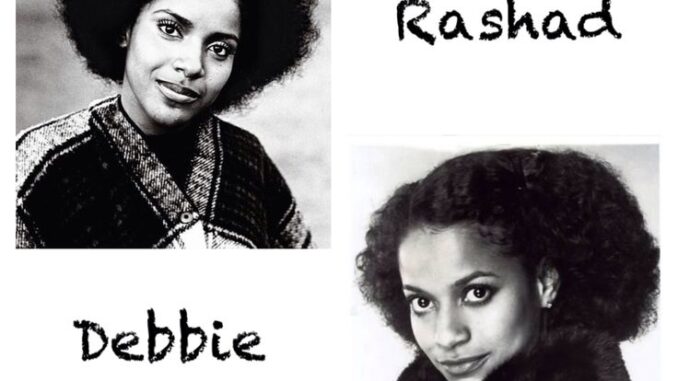
Debbie Allen and Phylicia Rashad are two of the most influential and beloved figures in American entertainment, each leaving an indelible mark on their respective fields.
As sisters, they share not only a familial bond but also a commitment to elevating Black excellence in the arts. Over the course of their careers, they have both broken barriers, defied stereotypes, and inspired generations of creatives. Their individual achievements are impressive on their own, but together, Debbie and Phylicia’s impact on the cultural landscape is monumental.
Born to a family steeped in artistic and intellectual traditions, Debbie Allen and Phylicia Rashad were raised by their mother, Dr. Vivian Ayers Allen, a renowned poet, cultural activist, and educator. From an early age, the sisters were encouraged to pursue their passions and to understand the importance of both artistry and intellect. Growing up in an environment where the arts were celebrated and championed, Debbie and Phylicia were inspired to not only succeed but to create lasting legacies.

Their father, Andrew Arthur Allen, was an orthodontist, and their mother emphasized education as much as creative expression. This balance of academic rigor and artistic freedom set the foundation for their future success, allowing them to thrive in the competitive entertainment industry. Debbie Allen’s career has spanned over four decades, and her influence extends across multiple domains. Best known for her work as a dancer, choreographer, actress, producer, and director, Allen has continually pushed boundaries, advocating for the representation of Black women in the arts and opening doors for others along the way.
Beyond her screen success, Allen is also the founder of the Debbie Allen Dance Academy (DADA), where she continues to teach and mentor young dancers from diverse backgrounds. Through her work at DADA, Allen has dedicated herself to creating opportunities for underrepresented communities in the arts, fostering the next generation of talent. While Debbie Allen was making waves in the world of dance, Phylicia Rashad was establishing herself as a theater and television icon. Best known for her role as Clair Huxtable on The Cosby Show, Rashad became a cultural symbol of Black motherhood, strength, and intelligence. Her portrayal of Clair, a successful lawyer and loving mother, broke stereotypes about Black women on television and inspired countless viewers during the show’s historic run in the 1980s and 1990s.
Rashad’s talents, however, extend far beyond her television roles. She is an accomplished stage actress, having appeared in numerous Broadway productions. In 2004, Rashad made history as the first African-American woman to win the Tony Award for Best Actress in a Play for her role in A Raisin in the Sun. Her theater work, including acclaimed performances in Cat on a Hot Tin Roof and Gem of the Ocean, has earned her respect as one of the finest actors of her generation.
In 2021, Rashad took on another significant role as the Dean of Howard University’s newly reestablished College of Fine Arts, her alma mater. In this capacity, she continues to mentor and guide young artists, passing on her wisdom and passion for the arts to the next generation of students.Both Debbie Allen and Phylicia Rashad have been pioneers in promoting positive, multifaceted portrayals of Black women in media. Their work has consistently challenged the limitations imposed on African-American women in the entertainment industry, and they have become role models for countless individuals seeking to break into the arts.
Through their television roles, stage performances, and leadership in arts education, the sisters have contributed to a shift in how Black women are perceived in popular culture. Allen’s fierce determination to showcase diversity in dance, along with Rashad’s dignified portrayals of powerful women, have expanded the possibilities for Black actresses, dancers, and creators in Hollywood and beyond. Debbie Allen and Phylicia Rashad are more than just sisters; they are cultural icons whose legacies are forever intertwined. Through their dedication to the arts, commitment to representation, and ability to inspire others, they have left an indelible mark on the entertainment industry and society as a whole. Their shared impact reminds us of the power of family, artistry, and the importance of creating spaces for future generations to thrive.
